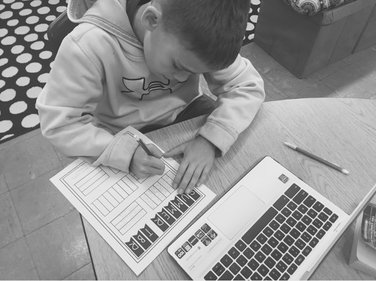 "It is estimated that the "Summer Slide" accounts for as much as 85% of the reading achievement gap between lower income students and their middle- and upper-income peers." (Why Summer Matters in the Rich/Poor Achievement Gap, Richard Allington and Anne McGill-Frazen, August 2009.) WOW! We know that it is important for kids to engage with reading year-round, but there are certain shifts we must make as educators during the summer to help prevent a slide in both comprehension and engagement. You see summer reading come in many forms in schools that are abuzz at the end of the school year. Our school used to do a calendar with parent signatures and the kids that read all summer got an ice cream party when school resumed in August (yikes). Even though that strategy now seems terrifying to me, it was backed by a well-meaning librarian. One who knew the research about summer slide and wanted to do something about. Other schools make required reading lists, or other incentive programs made to motivate students. The problem with that extrinsic motivation is that it does not stick. It motivates a student with a reward, not the actual reading. So, what can we all do? What are some ways to keep our kids reading over the summer and maintain those Wild Reading classrooms we have worked so hard to establish during the school year? Here is a list of things that I have found to help keep my kids engaged with reading over the long summer. 1. Make Plans Before school is over, we start making plans for the summer. We take a look at our reading notebook and see some of our gaps for the school year, series that we really loved and what we plan on reading next. In my experience, it helps to write down the plan. This book form I created is one way for students to keep their list on hand. Students write the titles of books they want to read and color them in as they read. There is no reward involved with this, and students don't have to color, but the coloring helps some of us see what we have completed. You can also use the form to just keep track of what you ended up reading over the summer. That's it! We have forms just like this one that we keep in our reading notebooks, so my kids are pretty comfortable with this. We also share apps, websites and free book programs (from the Public Library and Barnes & Noble), so kids know where to find books during the summer. 2. Provide Access Kids cannot read over the summer if they do not have any books to read. Period. It seems that some teachers and librarians have no idea that their kids live in book deserts. These same teachers rebute with "go to the public library, it's free!" This is not the answer for all families. Some communities have stringent requirements to get cards, like proof of residency. Some families have no way to get a library. Some families have anxiety over past fees and penalties, and some families do not have libraries in their communities. With that being said, we should not ignore the plethora of resources our public libraries offer. -Give books away. The end of the year is a great time for teachers to weed through their classroom libraries, and these books can be laid out on tables in the library or cafeteria and students can choose books that they would like to keep. If you have two copies of great books in your library, give one away. Buy books for your kids. Do whatever you can to provide them with access to books they WANT to read. Last year, we saw kids excited for their "first books," some of our students didn't own any books. -We don't just want to give kids books that we feel like aren't good enough for the library anymore, plan ahead. You can order books from Scholastic using bonus points all year long and have quite the collection for kids to choose from in June. Order a book for each of your kids that you know they will like (because you know them) and give it to them as an end of year gift. Ditch the water bottles, mechanical pencils and candy. -Add Little Free Libraries around your community. These projects take some fundraising and planning, but they provide instant access to books for everyone in the community. We currently have two, one at each of our elementary schools. Our plans are to add two more before next summer. -The Public Library. Our public library comes to our school and gives kids sign-up forms for library cards. Your library might do the same. They might even offer to come in and get kids signed up on the spot. Your public library is just waiting for you to reach out and ask for help. Our librarians in Hamilton County are top notch. Give kids handouts, showing them the summer programming and book clubs that your county offers. There would be nothing stopping you from some sort of carpooling effort and summer visit schedule. 3. Community Outreach Last school year, our librarian was inspired by a presentation from the librarians who set up Books on Bikes. She changed the name to Books on Blankets and we started planning. Over the summer we spent one day a week (for the whole summer) providing a read aloud, free book and popsicle to every child in attendance. We had some families who came to BoB every single week during the summer. This means that their kids had at least one shared reading experience a week and one book they read a week. Using our outlets (Facebook, all-calls, school website and Twitter) we reminded families of our events and encouraged them to attend. Teachers, staff members and community members signed up to read aloud. They also helped pull our book carts out, helped kids select books and helped cut popsicles and clean-up. Our giveaway books were ones left from the giveaway at the end of the year, and some donations from our local Half Price Bookstores. This is such a simple way to provide for the community, and our ultimate goal is for a van. Be creative and start a project like this in your community! There are so many great ways to share books with kids over the summer. These are three things that work for me and my district. None of them involve rewards or pre-made lists. I hope this post gets you excited about trying out what works for us, or sparks some inspiration to branch out and build on these ideas.
4 Comments
Vanessa Worrell
3/27/2017 08:10:34 am
I also cringe when I think of the way we used to track reading in the summer. Thanks for these great authentic alternative ideas. It has me thinking......
Reply
Adrienne
3/27/2017 08:33:02 am
Our union collects books from retiring (and other) teachers. We weed through them, then give them away at the farmers' market in the summer.
Reply
Your comment will be posted after it is approved.
Leave a Reply. |
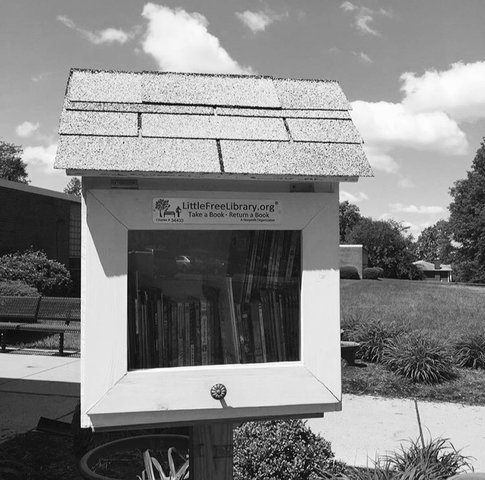
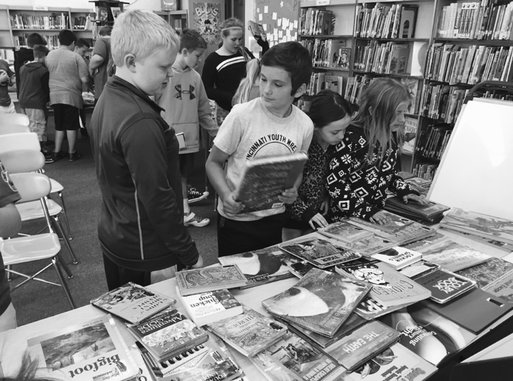
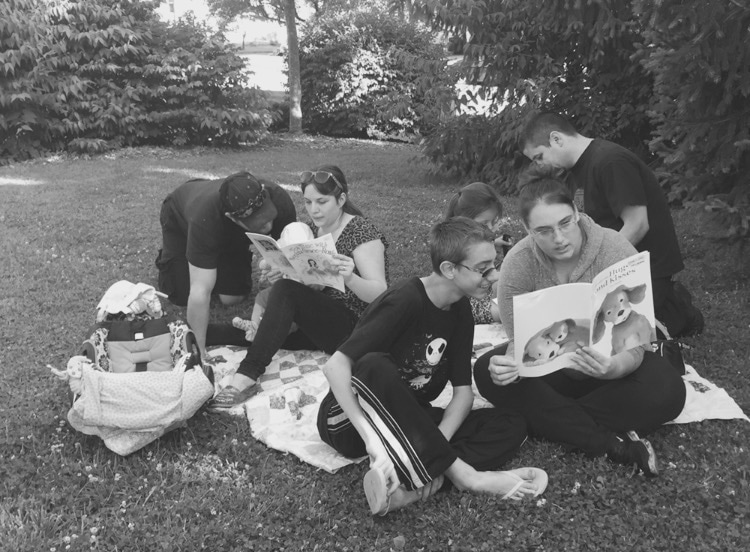
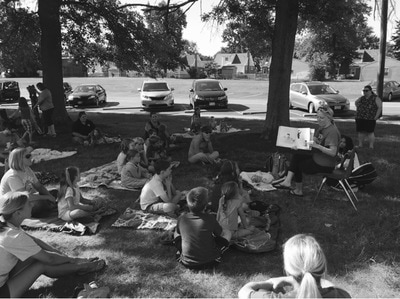
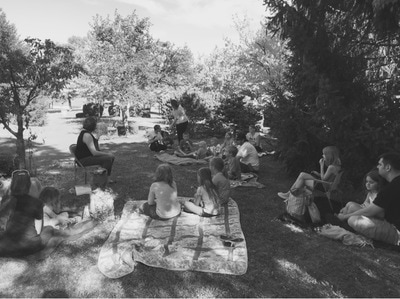
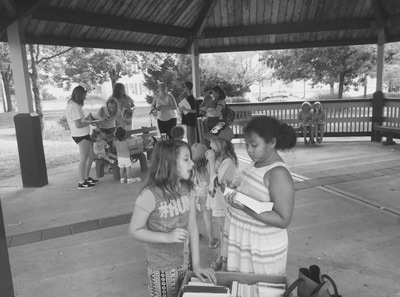
 RSS Feed
RSS Feed
